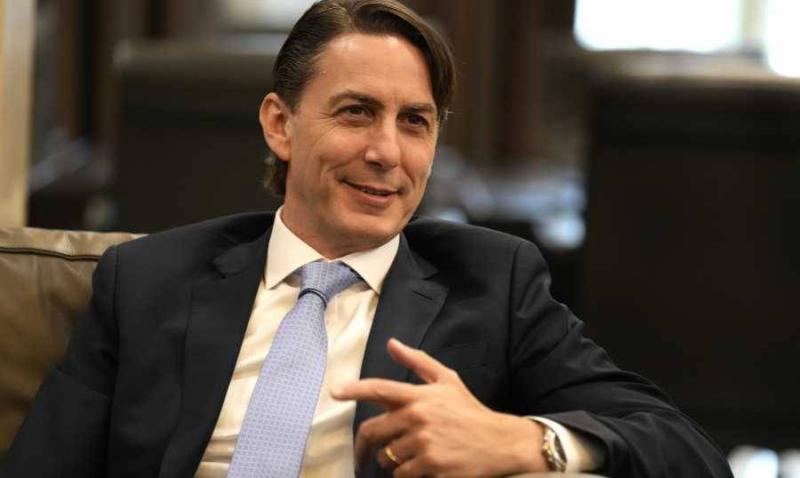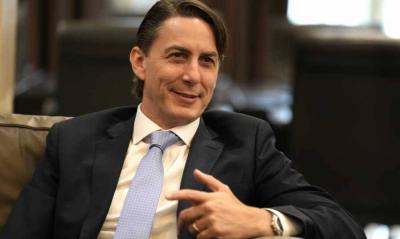The differences and divergences among the countries interested in Lebanon are extensive. Despite the five-nation meetings, distinctions in opinions remain, reaching the limits of competition over roles, visions, and interests.
The aim of these meetings is to unify views and positions among the five countries. However, despite this insistence, numerous leaks indicate that disagreements continue. This leads some Western diplomats to believe that the work of the five-nation committee will not yield results and that the process is doomed to failure due to conflicting perspectives.
The disagreements are not limited to the committee's work; they have also delayed the conference that France intended to hold to support the Lebanese Army on the twenty-seventh of this month, as mentioned in "Al-Modon".
During the preparation for this conference, reports circulated that Paris had received a green light from Washington to hold it and was working to gather as much funding as possible to enhance the army's role, recruit more personnel, and send teams to the south to oversee the implementation of Resolution 1701. French President Emmanuel Macron contacted Egyptian President Abdel Fattah el-Sisi, and the Lebanese Army support issue was discussed in the call. Additionally, Macron had requested a call with Saudi Crown Prince Mohammed bin Salman, while there is an upcoming "state" visit from the Emir of Qatar to Paris, particularly as the Americans, French, and others are betting on an advanced Qatari role in the matter of army sponsorship and support. This path was initially opened by Qatar years ago through its assistance to the army, security forces, and other institutions in Lebanon.
### Conflicting Perspectives
Quickly, the date of the conference has been postponed rather than canceled. In this context, informed sources indicate that the postponement was due to conflicting American and French views. There are indications of American objections to the French initiative, both in the committee's work and regarding the document that Paris submitted to Lebanon concerning the settlement of the situation in the south.
That document, which has become known, was believed by many to be coordinated with the Americans, especially since American envoy Amos Hochstein had visited Paris some time ago, where he met with officials regarding the Lebanese file, in addition to meetings with representatives from Total. However, what is revealed behind the scenes is that Hochstein is charting his path independently, without involving anyone else, including the French.
Some believe that any solution will be American, whether concerning the presidency or settling the situation in the south, with indications of American rejection of any rushed or preemptive French attempts. Here, informed sources state that the U.S. is convinced that there will be no solution in the south before reaching a resolution in Gaza. Therefore, it is premature to discuss formulas and proposals for implementing Resolution 1701.
The French perspective here is noteworthy. The French believe that Hochstein is following a strategy of allowing tensions to peak before a solution can be generated—rather than resolving things in a calm manner. Conversely, the French view this strategy as posing major risks that could broaden the scope of the conflict. In this context, the French have informed the Lebanese that they cannot wait for Hochstein's pathway, which is linked to the Israeli path, aimed at achieving Israel's interests, unlike France, which can maintain balance.
The French attempt to convey a message of warning to the Lebanese, who are betting on Hochstein, that any proposed solution from him would come at their expense and would not be in their favor.




